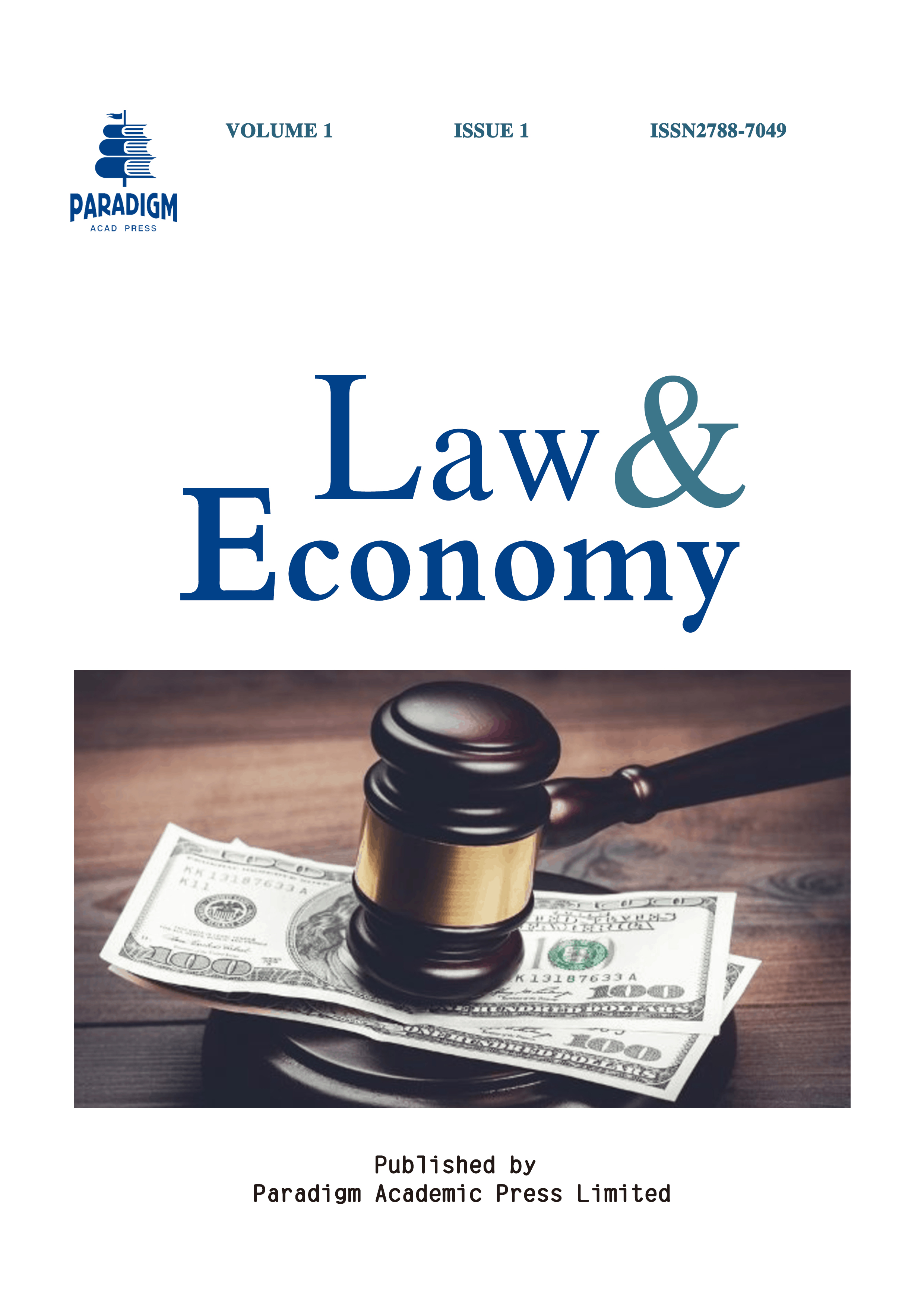Content Regulation Laws for Chinese ISPs: Legal Responsibilities in Free Speech and Filtering of Harmful Content
Keywords:
content regulation, Chinese ISPs, Internet censorship, regulatory framework, content filteringAbstract
This paper delves into the intricate landscape of content regulation laws for Chinese Internet Service Providers (ISPs) and their legal responsibilities concerning free speech and the filtering of harmful content. It offers an in-depth analysis of China’s regulatory framework, delving into the landscape of ISPs in the nation and the evolving legal framework governing content regulation and free speech. Furthermore, the paper explores the responsibilities and obligations of Chinese ISPs in moderating online content. It delves into the complex concept of free speech in the context of China and investigates the government’s role in censorship and content control. The paper highlights the impact of content filtering on free speech and online expression in the Chinese digital landscape. It provides a comprehensive overview of the laws and regulations that define the legal responsibilities of Chinese ISPs, addressing their obligations in monitoring and moderating content. Additionally, it outlines the compliance mechanisms and consequences for non-compliance. The paper emphasizes the implications of these regulations on free speech and online expression, striking a balance between content filtering and the fundamental right to free speech. While the paper refrains from showcasing case studies, it provides public and expert opinions on the impact of content regulation laws. Furthermore, it envisions potential changes in Chinese ISP content regulation laws and conducts a comparative analysis of content regulation practices worldwide, offering recommendations for maintaining a harmonious balance between free speech and content filtering in the digital age.


